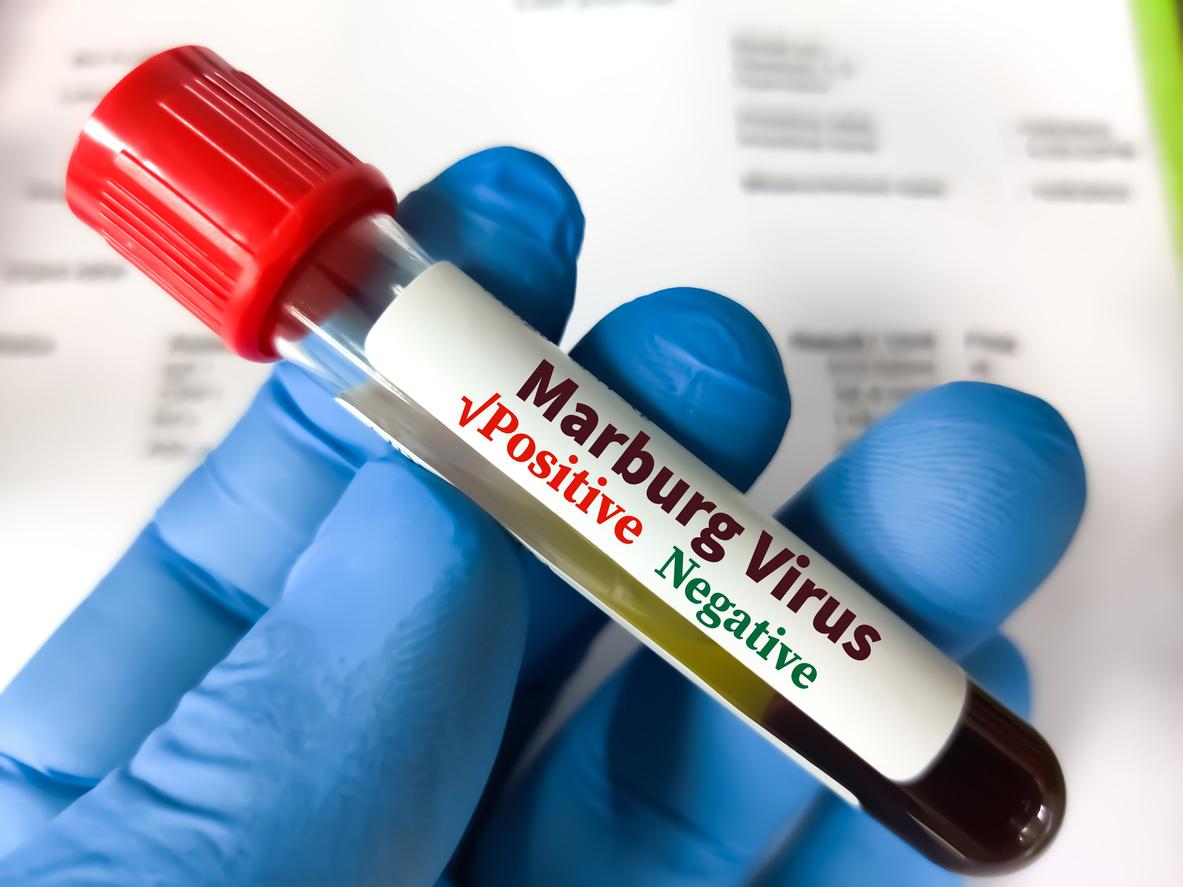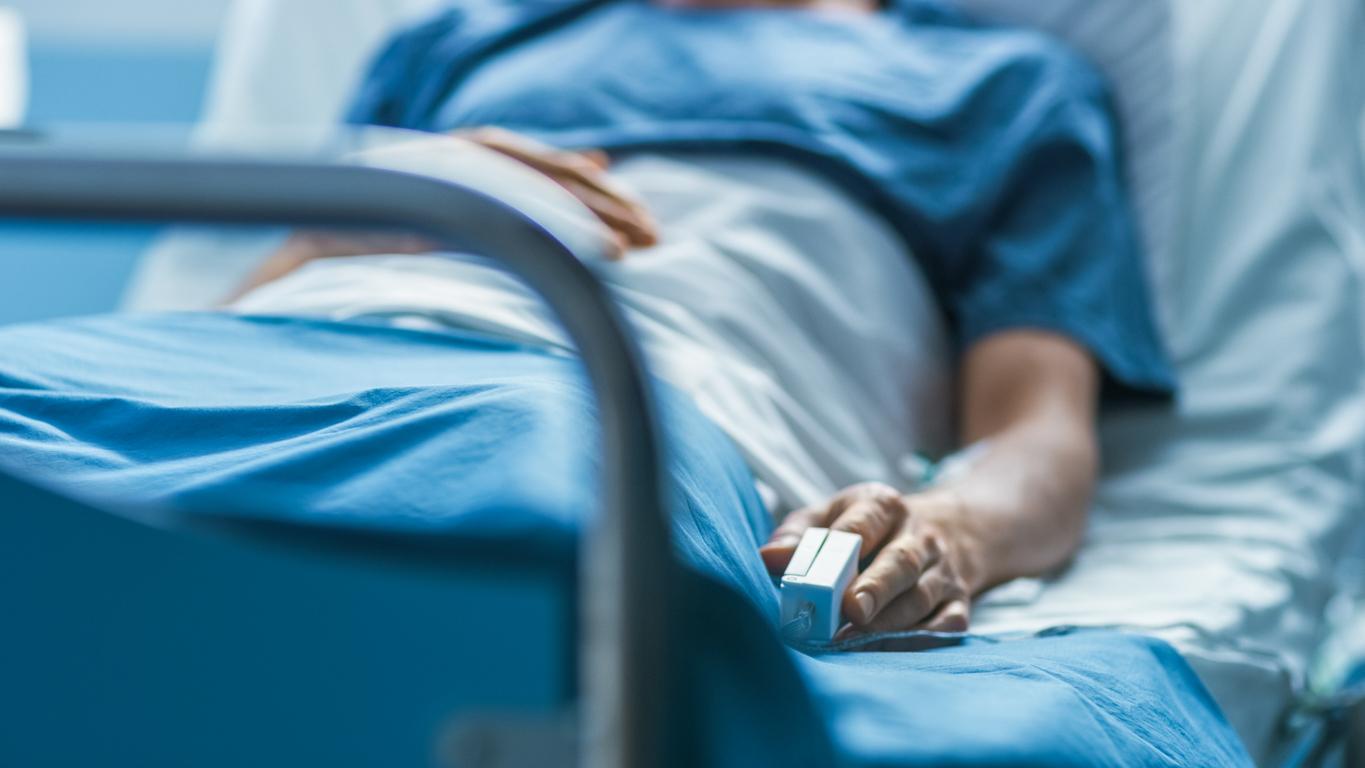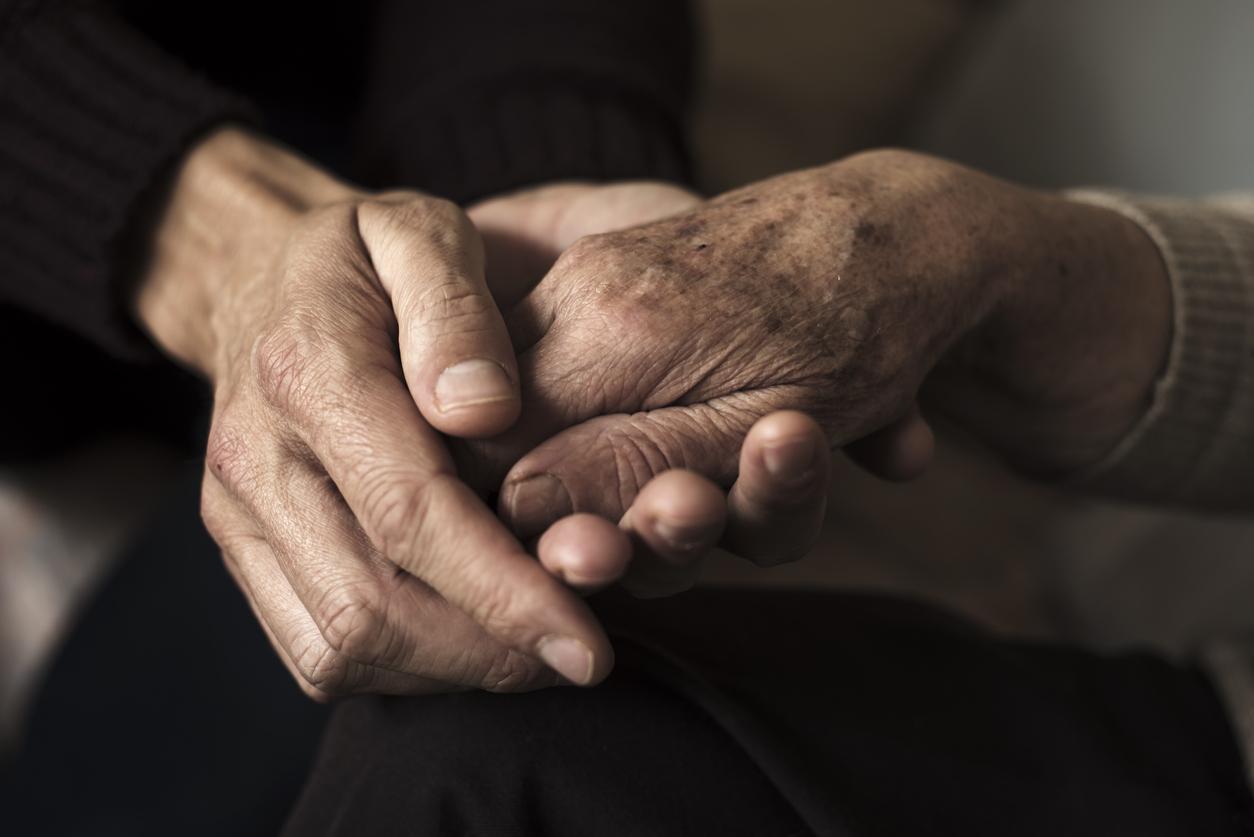After a meal in a Bordeaux restaurant, several people fell ill and one died. They were taken care of by the Bordeaux University Hospital which suspects food poisoning caused by botulinum toxin. All patients frequented the same establishment during the previous week: the Tchin Tchin Wine Bar. Canned sardines, handcrafted by the restaurateur, are currently at the center of investigations to determine the origin of this food poisoning. Patients currently receiving treatment with anti-botulinum toxin in order to counter the devastating effects of this disease.
What is foodborne botulism?
Foodborne botulism is a severe neurological disease caused by extremely potent toxin produced by bacteria Clostridium botulinum. This bacteria mainly grows in poorly stored foods. In France, the majority of cases of botulism are associated with food poisoning, resulting from the ingestion of the toxin produced by C. botulinum in foods that have not undergone a thorough sterilization process. Foods such as cured meats, cold meats and homemade preserves are particularly at risk.
Although it mainly manifests itself in the form of food poisoning, botulism can also be contracted by intestinal contamination in infants, through an injury or by inhalation. According to the World Health Organization (WHO), foodborne botulism is a serious disease. She is fatal in 5 to 10% of casesbut is not contagious.
What are the symptoms of botulism?
Botulinum toxins are neurotoxic and therefore act on the nervous system. Foodborne botulism is characterized by descending flaccid paralysis that can lead to respiratory failure. The duration ofIncubation is on average 12 to 72 hours. The first symptoms felt are marked fatigue, weakness and dizziness. They are usually followed by blurred vision, a feeling of dry mouth and difficulty swallowing and speaking. The intensity of the symptoms depends on the quantity of product ingested, as explained by Dr. Benjamin Clouzeau, resuscitation doctor, head of the department of Intensive Medicine-Resuscitation (MIR), ARS Nouvelle-Aquitaine. Another symptom that usually presents is diarrhea: “You can have a whole range of symptoms depending on the dose ingested. The more we eat, the more we risk a serious form“, specifies the doctor.
What is the treatment for botulism?
The treatment of botulism is essentially symptomatic and requires, in severe forms, intensive respiratory care with assisted ventilation. Administration of anti-botulinum toxin in the hours or first days after the onset of symptoms can shorten the hospitalization time. The vast majority of patients treated without delay recover without after-effects, but the duration of treatment and convalescence can last several months.
Sources:
– Press release – Food poisoning.nouvelle-aquitaine.ars.sante.fr

















